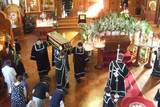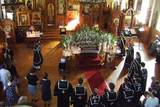Homily on the 3rd Sunday of Pascha – Sunday of the Myrrhbearers
Third Sunday of Pascha – Myrrhbearing Women
Homily From “The One Thing Needful,” Sermons of Archbishop Andrei (Rymarenko)
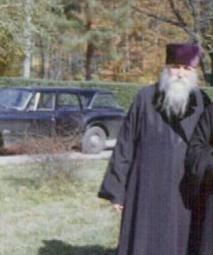 “And when the Sabbath was past, Mary Magdalene, and Mary the mother of James, and Salome, had bought sweet spices, that they might come and anoint Him. And very early in the morning the first day of the week, they came unto the sepulcher at the rising of the sun. And they said among themselves, Who shall roll us away the stone from the door of the sepulcher?” (Mk. 16:1-3).
“And when the Sabbath was past, Mary Magdalene, and Mary the mother of James, and Salome, had bought sweet spices, that they might come and anoint Him. And very early in the morning the first day of the week, they came unto the sepulcher at the rising of the sun. And they said among themselves, Who shall roll us away the stone from the door of the sepulcher?” (Mk. 16:1-3).
Brothers and sisters! Can you imagine the state of mind these Myrrhbearing women were in? For those who lived through Soviet times in Russia and through the persecution of the Church, it is so understandable. In some churches, as in the outskirts of Kiev, this service (the Burial of the Savior) was performed at night. People made their way to such a church through dark streets. Anything could happen, you had to be careful of everything. Neighbors might hear that you went somewhere at night; and you could be stopped on the street. And the service itself in church and the carrying of the Shroud around the church could be interrupted by the authorities. One did not know if tomorrow, on Holy Saturday, this already semi-Easter Liturgy would be performed, because the priest might be arrested.Continue Reading
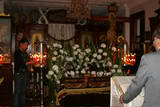

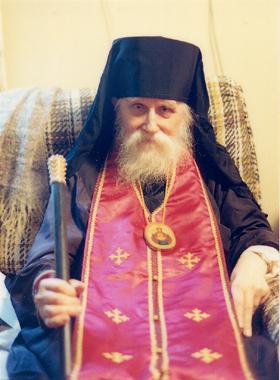 “But Thomas, one of the twelve, called Didymus, was not with them when Jesus came. The other disciples therefore said unto him, We have seen the Lord. But he said unto them, Except I see in His hands the print of the nails, and put my finger into the print of the nails, and thrust my hand into His side, I will not believe (Jn. 20:24-25).
“But Thomas, one of the twelve, called Didymus, was not with them when Jesus came. The other disciples therefore said unto him, We have seen the Lord. But he said unto them, Except I see in His hands the print of the nails, and put my finger into the print of the nails, and thrust my hand into His side, I will not believe (Jn. 20:24-25).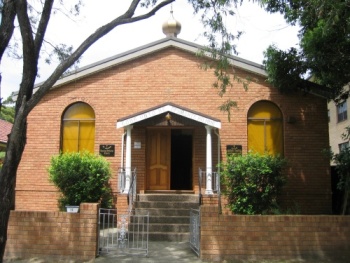


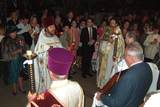
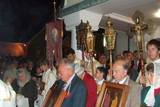
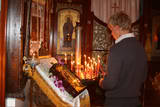
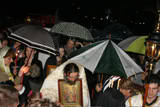
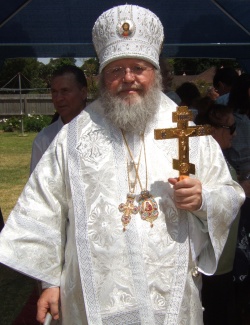 Сегодня в церквах, переполненных множеством народа, воссылается благодарственное и хвалебное пение Богу. Празднуя и ликовствуя, мы встречаем радостными духовными гимнами победоносное Воскресение Спасителя из гроба. С чувством духовной радости спешу через сие послание посетить всех вас и мысленно выразить всей благочестивой Полноте нашей Русской Зарубежной Церкви – Пасхальное приветствие.
Сегодня в церквах, переполненных множеством народа, воссылается благодарственное и хвалебное пение Богу. Празднуя и ликовствуя, мы встречаем радостными духовными гимнами победоносное Воскресение Спасителя из гроба. С чувством духовной радости спешу через сие послание посетить всех вас и мысленно выразить всей благочестивой Полноте нашей Русской Зарубежной Церкви – Пасхальное приветствие.